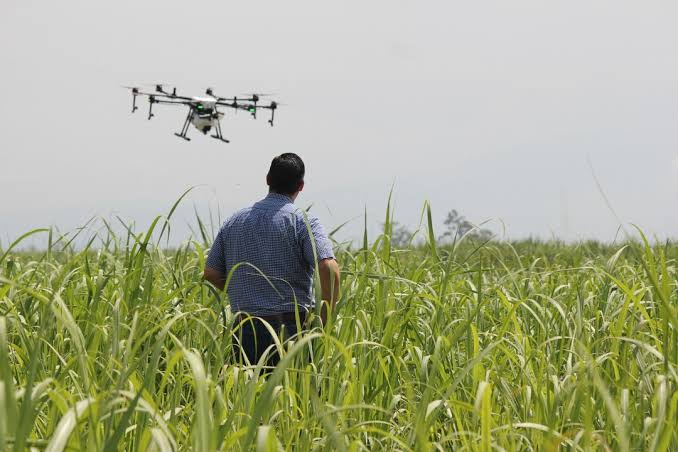
Precision agriculture (PA) holds significant promise for transforming agricultural practices in Africa, where smallholder farmers face numerous challenges, including limited access to resources, climate variability, and declining soil fertility. Here’s a comprehensive review of precision agriculture in Africa:
- Adoption Challenges: While precision agriculture technologies have the potential to increase productivity and sustainability, their adoption in Africa has been relatively slow. Limited awareness, high initial costs, inadequate infrastructure, and a lack of technical skills among farmers have hindered widespread adoption.
- Smallholder Context: Most African farmers are smallholders who cultivate small plots of land, making traditional precision agriculture approaches tailored for large-scale farms less applicable. Therefore, adapting PA technologies to the smallholder context is crucial, focusing on affordability, scalability, and simplicity of use.
- Customized Solutions: To address the diverse needs of smallholder farmers, customized precision agriculture solutions are essential. This includes the development of low-cost sensors, mobile apps, and decision support tools tailored to local crop varieties, soil types, and climatic conditions.
- Data Accessibility: Access to reliable data is critical for implementing precision agriculture practices. However, many rural areas in Africa lack adequate infrastructure for collecting and disseminating data on soil health, weather patterns, and market prices. Efforts to improve data accessibility through mobile technology and satellite imaging can enhance the effectiveness of precision agriculture interventions.
- Capacity Building: Building the capacity of farmers, extension workers, and policymakers is essential for promoting the adoption of precision agriculture in Africa. Training programs on the use of PA technologies, data interpretation, and agronomic practices can empower farmers to make informed decisions and optimize resource use.
- Public-Private Partnerships: Collaboration between government agencies, research institutions, NGOs, and private sector stakeholders is crucial for advancing precision agriculture in Africa. Public-private partnerships can facilitate technology transfer, investment in infrastructure, and policy support to create an enabling environment for PA adoption.
- Potential Benefits: Despite the challenges, precision agriculture offers numerous benefits for African farmers, including increased yields, improved resource efficiency, enhanced resilience to climate change, and access to markets. By harnessing the power of technology and innovation, precision agriculture has the potential to transform smallholder agriculture and contribute to food security and economic development in Africa.
In conclusion, while precision agriculture holds great promise for addressing the unique challenges facing African agriculture, its successful implementation requires context-specific solutions, capacity building, and multi-stakeholder collaboration. By overcoming barriers to adoption and harnessing the potential of PA technologies, African farmers can unlock new opportunities for sustainable agricultural development and prosperity.



